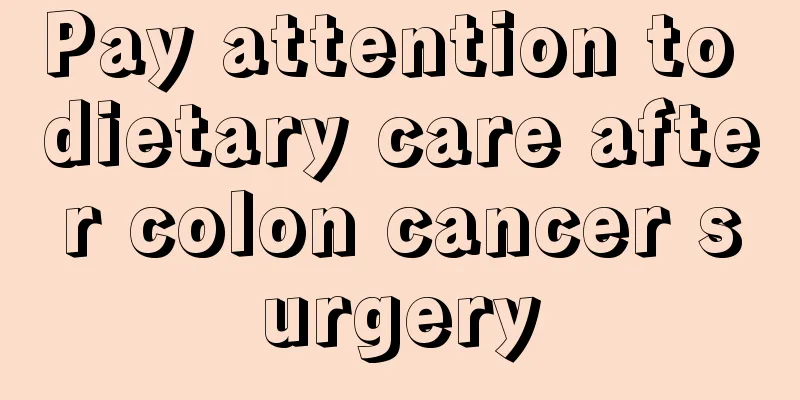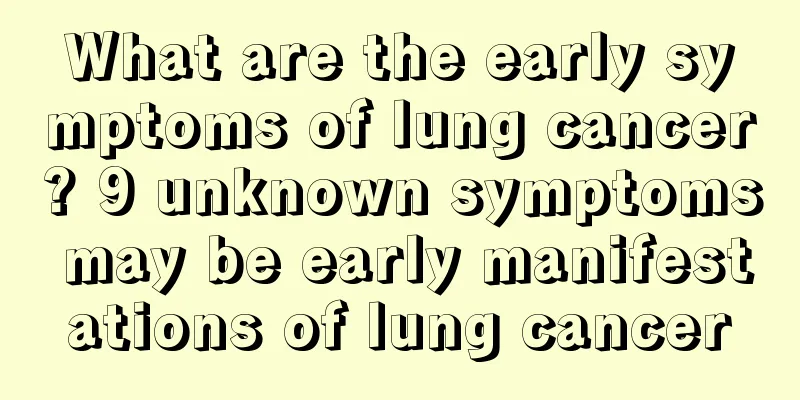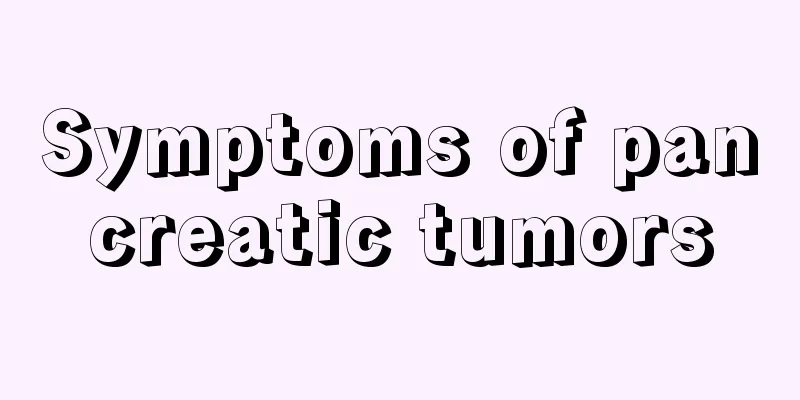Pay attention to dietary care after colon cancer surgery

|
When the colon has a tumor, the defecation function and the overall condition are affected. If you still don't pay attention to your diet and eat some indigestible foods and tumor-promoting foods, it will aggravate the progression of the colon tumor and cause systemic failure. Therefore, the doctor attaches great importance to dietary care after colon tumor surgery. A high-fat diet can promote the occurrence of intestinal tumors, especially polyunsaturated fatty acids, which can reduce blood lipids but promote cancer. Cholesterol itself is not carcinogenic, but it reacts with cholelithiasis and promotes cancer, indicating that cholelithiasis is a cancer-promoting factor. Therefore, do not eat too much fat after colon tumor surgery. The total amount of fat should account for less than 30% of the total energy, and the proportion of animal and vegetable oils should be appropriate. You must eat scientifically and pay attention to the reasonable ratio of oils and fats. It is recommended that the ratio of saturated fatty acids to polyunsaturated fatty acids and monounsaturated fatty acids be 1:1:1. Dietary care after colon tumor surgery: Pay attention to eating more vegetables rich in dietary fiber, such as celery, leek, cabbage, radish and other green leafy vegetables. Vegetables rich in dietary fiber can stimulate intestinal peristalsis, increase the frequency of bowel movements, and remove carcinogenic and toxic substances from the feces. The diet after colon tumor surgery should be the same as that of other gastrointestinal surgery patients. Patients should follow the doctor's instructions. The diet should start with soft and thin food until the body gradually adapts to it before adding other foods. Be careful not to eat too much oil. Reasonable combination of sugar, fat, protein, minerals, vitamins and other foods should be taken. Cereals, lean meat, fish, eggs, milk, various vegetables and soy products should be taken every day, and the amount of each should not be too much. Only in this way can the various nutrients needed in the body be supplemented. If you cannot eat normally in the early stage after surgery, intravenous rehydration should be the main method. After surgery, pay attention to strengthening care and dietary nutrition to promote the patient's physical recovery. Patients with advanced intestinal tumors have invading the intestines due to malignant growth of tumors, causing intestinal stenosis, varying degrees of obstruction of defecation, and reduced food intake. At this time, patients should be given nutritious foods with less crude fiber, such as eggs, lean meat, soy products, fine grains, tender leafy vegetables, etc.; and patients should be advised to drink more honey water and eat bananas, pears, etc., among which honey has the best laxative effect. |
<<: Colon tumor postoperative conditioning diet
>>: What should you pay attention to in your diet when you have skin tumors?
Recommend
There are hard bumps on the soles of my feet that are very itchy
The soles of the feet are a part that people pay ...
Reasons for itchy skin after taking a bath
The purpose of taking a bath is to wash off some ...
What are the symptoms of spleen and stomach damage?
Everyone’s lifestyle is different, and modern peo...
Is lupus erythematosus hereditary? Why?
Lupus erythematosus is an autoimmune disease with...
What is the difference between waist pregnancy and belly pregnancy
For many pregnant mothers, they will observe thei...
Let me give you a detailed introduction to the treatment of melanoma
Experts remind that early detection and early tre...
What are the precautions for bladder examination?
Cystoscopy is a method of examination in which a ...
What diseases does dermatology treat?
The appearance of the human body is usually made ...
I get a stomachache when I eat something cold in the summer
In the summer, due to the hot weather, many peopl...
Causes of dull pain in the xiphoid process and ribs
The xiphoid process is located at the lower end o...
What disease can cause chronic cough
Coughing is a common occurrence and can be caused...
What are the causes of liver cancer? Be careful of liver cancer if you often eat these two types of food
In recent years, more and more people have been d...
Can cherries and seafood be eaten together?
Cherries are a common fruit in our lives. Many fr...
What are the effects of South Red Agate
People have always loved and valued accessories, ...
Can breast cancer patients eat peanuts?
However, you still need to pay attention to the t...









